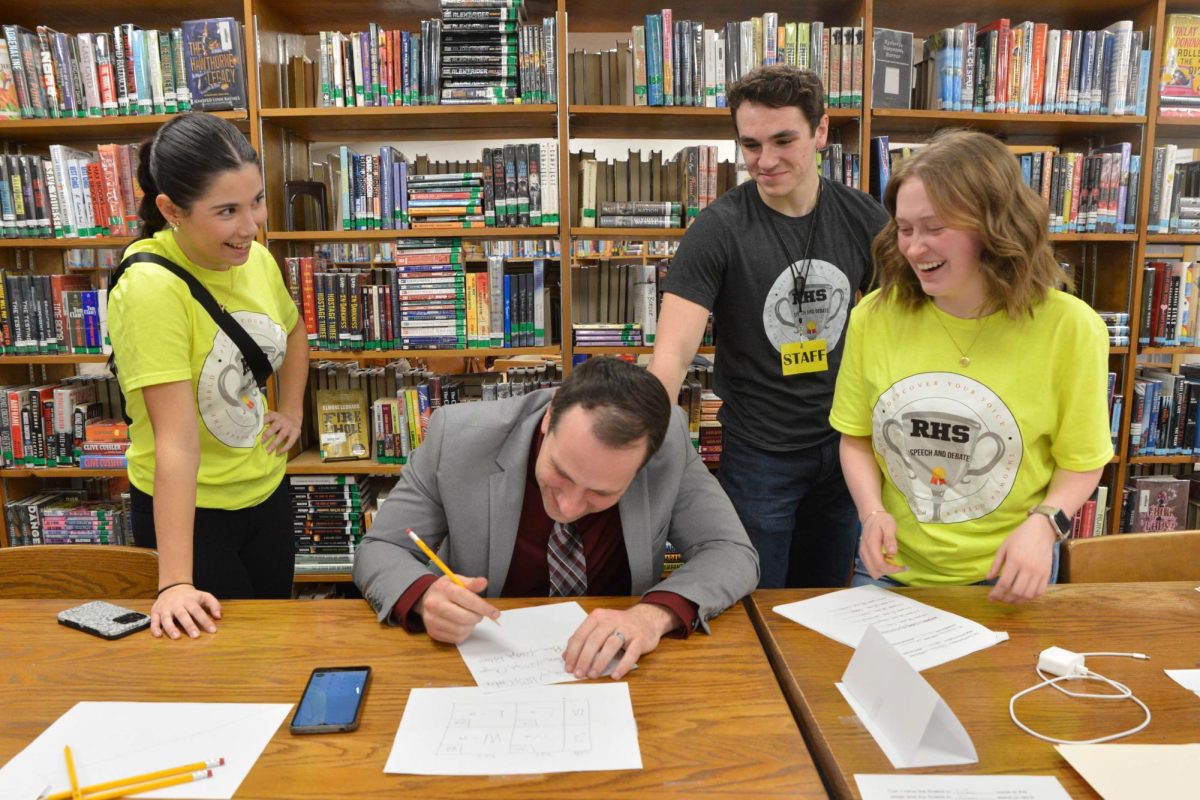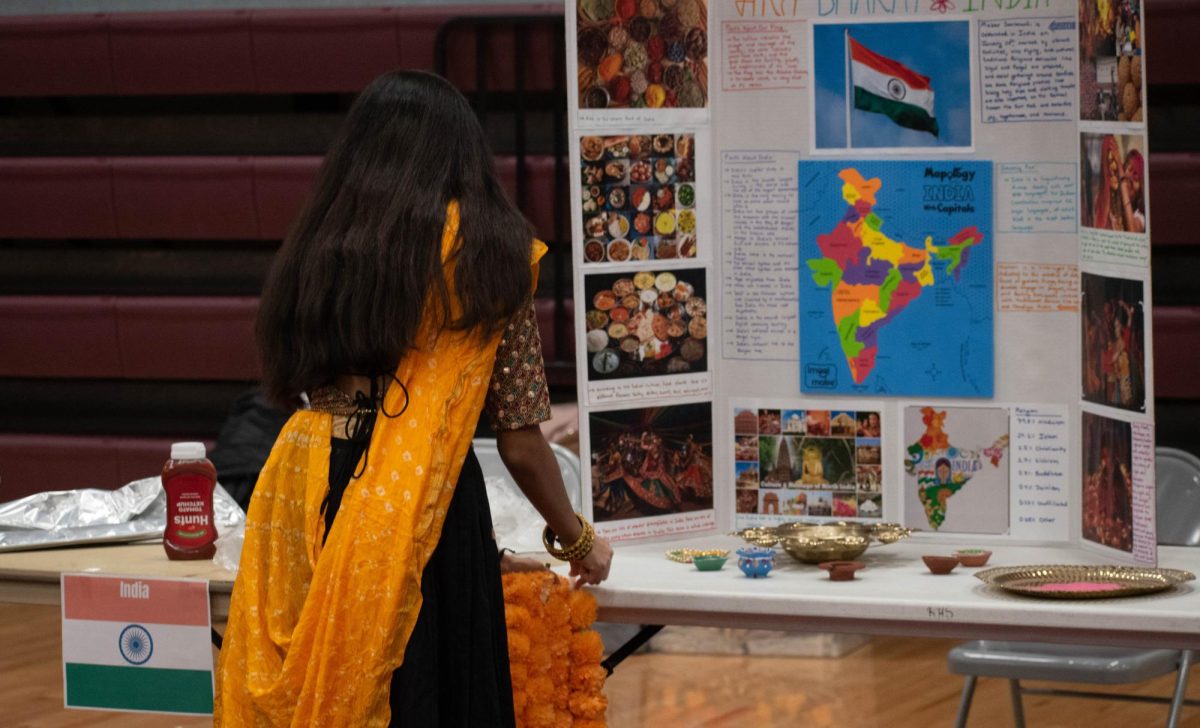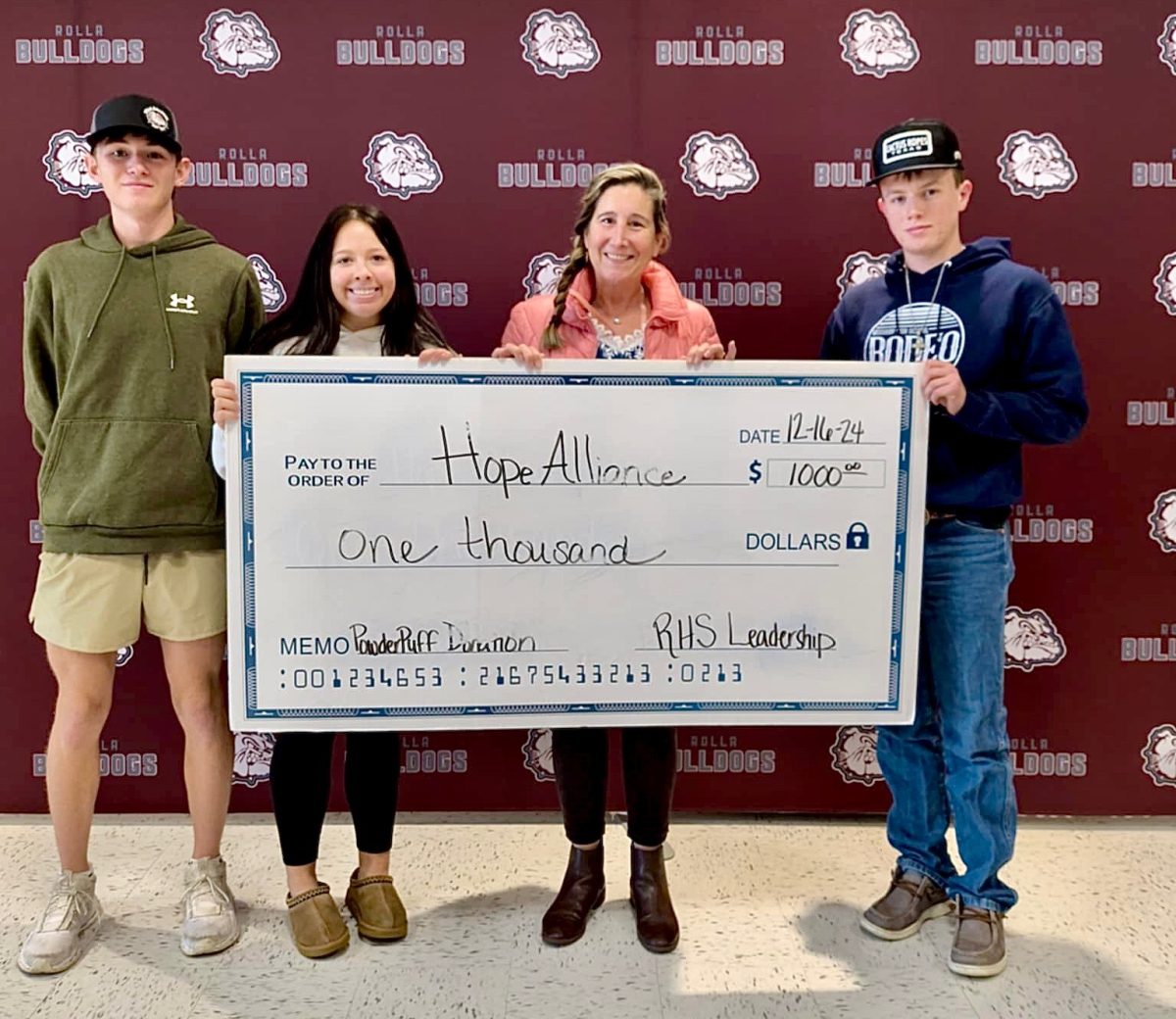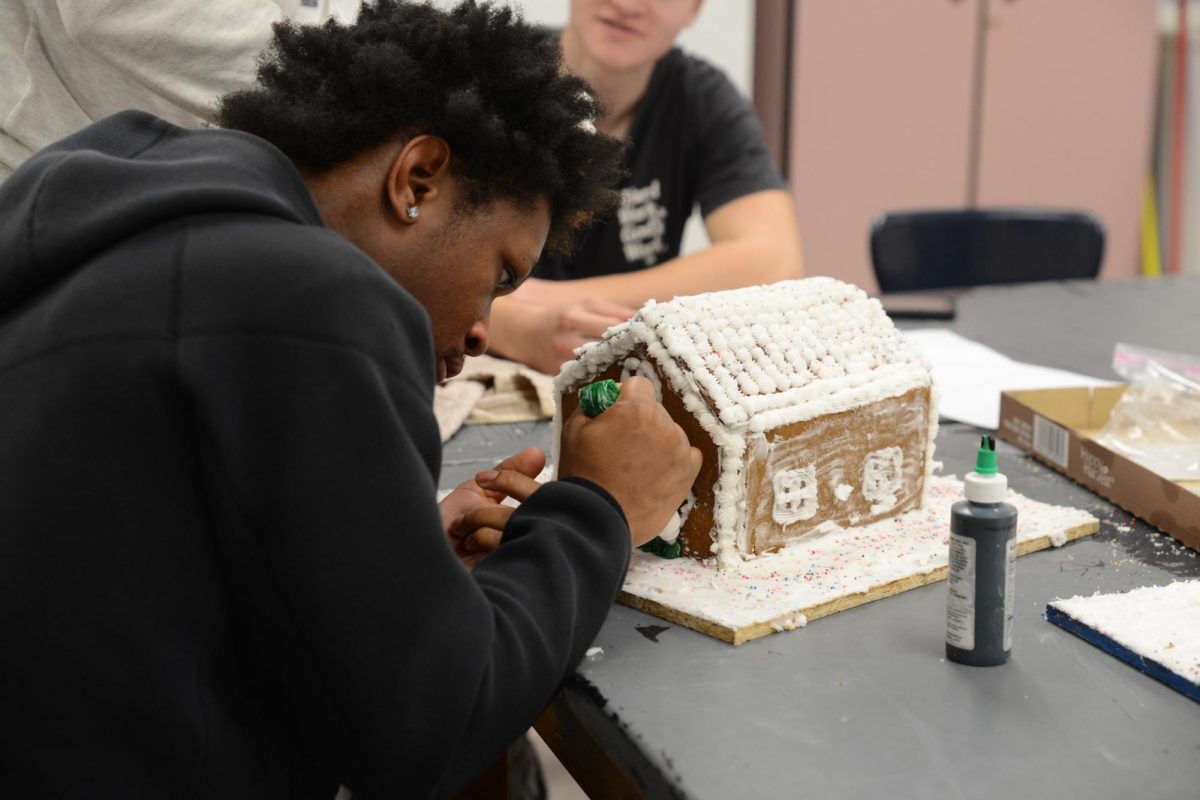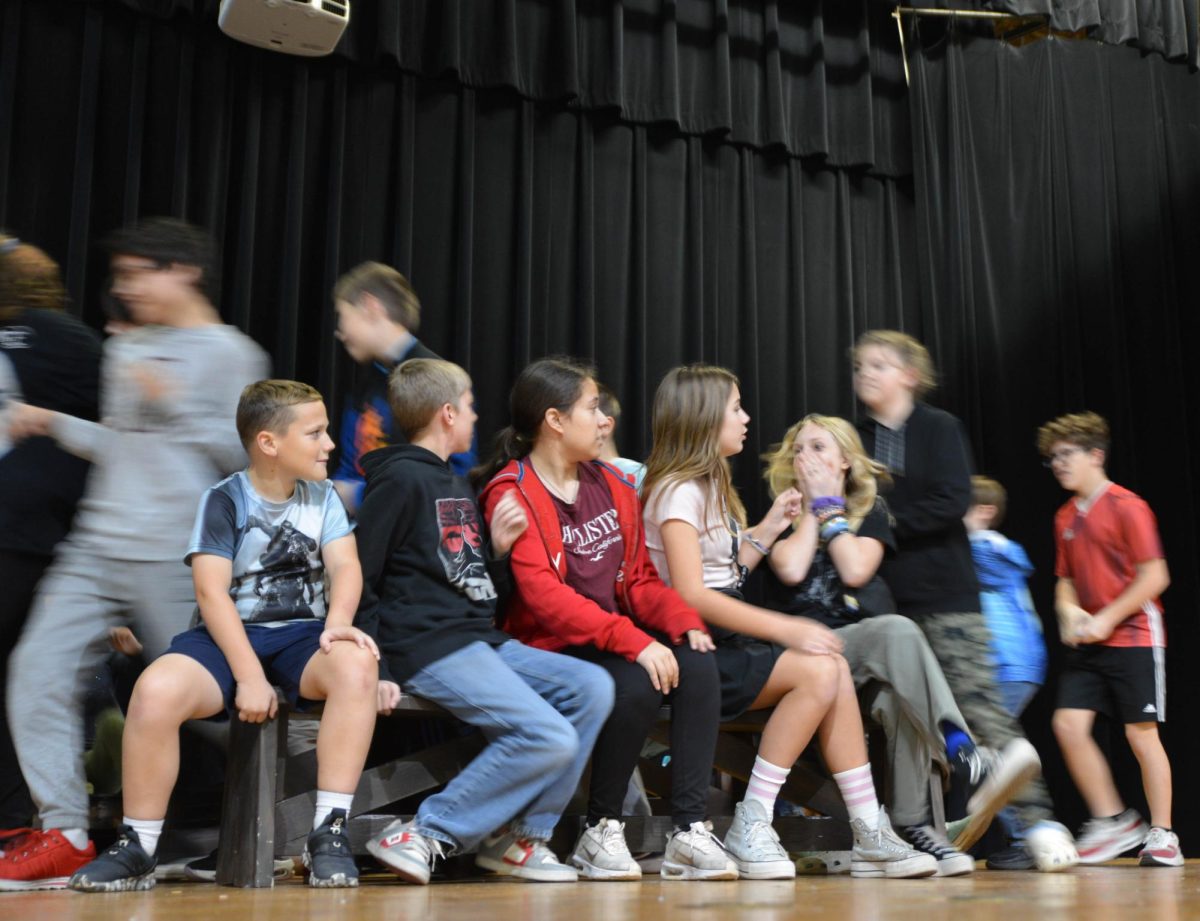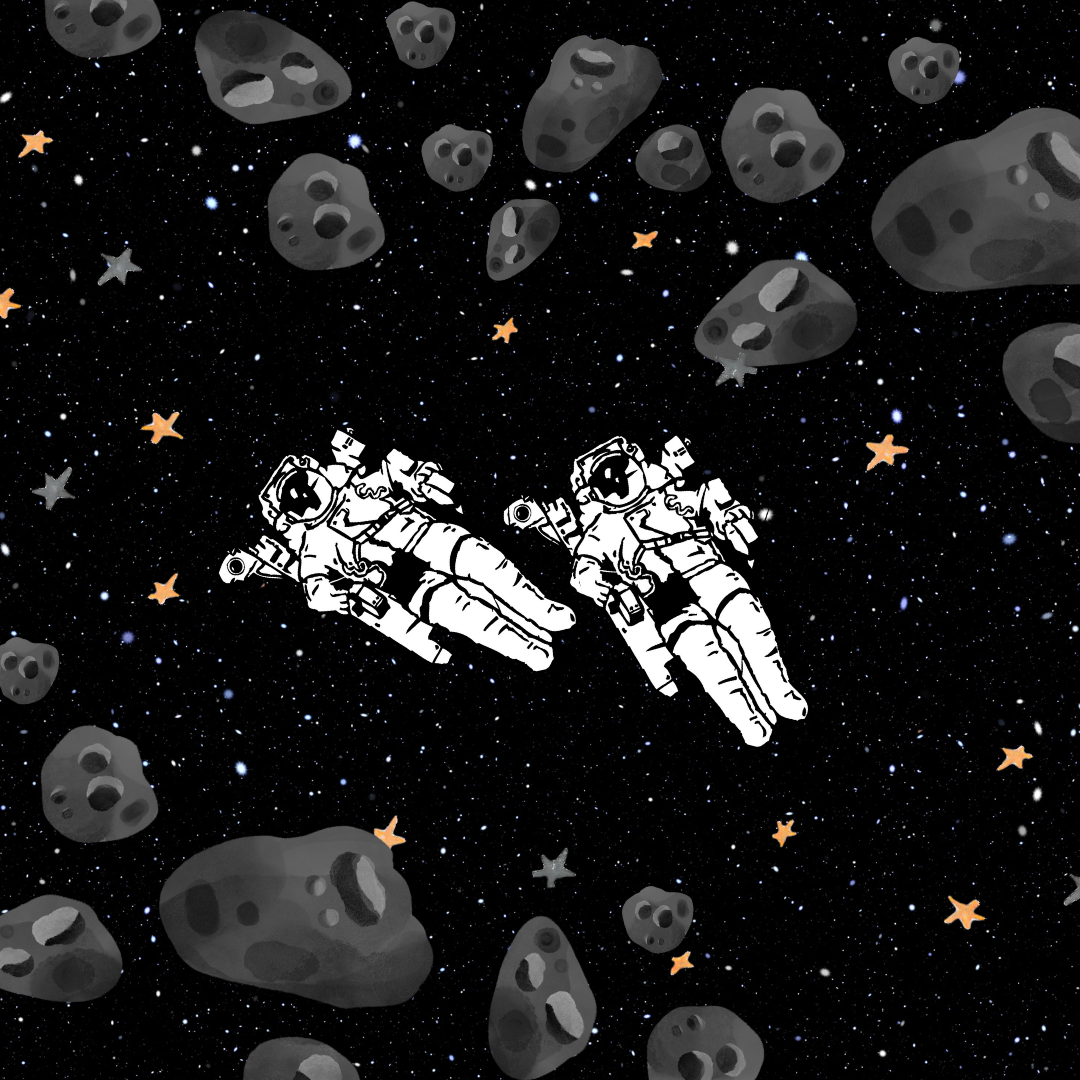The lights in Leach Theater fade to utter darkness as the cast of The Laramie Project present themselves on stage, and the narrator walks to the center to begin. The set consists of a few chairs, a wood stage, and some tables; simple compared to the true story about to unfold.
On October 6th 1998, Matthew Shepard, a gay student attending the University of Wyoming was robbed, severely beaten, and left to die by two men living in the same town. Matthew was targeted by Aaron McKinney and Russell Henderson primarily because of his sexual orientation. Matthew was found by a bike rider, but later died in a hospital. The effect this crime had on the world drew in Moises Kaufman and the Tectonic Theater Project. After the Tectonic Theater Project had conducted over 200 interviews with residents of Laramie in one year they compiled all the information into a play, ‘The Laramie Project.’ The play uses real quotes from the residents in Laramie to depict what the aftermath of Matthew’s death was like.
Two students, Kaitlyn Tucker and Emily Crowley, participated in ‘The Laramie Project’ performed by MS&T. The show took place on March 6th, 2011 from 2-7 P.M. and was directed by Jeanne Stanley and sponsored by the DaVinci Society.
Crowley and Tucker auditioned along with various MS&T students, staff, and a couple other high school students.
“I was told about the Laramie Project by the drama teacher here, and because I didn’t get cast in the first (high school) play, I needed something to do, like a theater outlet. I started researching the Laramie Project a little bit, and it was definitely something that I had a very strong passion for because anybody that knows me knows that gay rights are my thing. I’m not gay, but I support and that’s really my main cause,” Crowley said, “Over the summer, two years ago, I got the opportunity to join the Gay Rights Campaign in DC, and do a little bit for that. That’s why I decided to do The Laramie Project.”
Both Tucker and Crowley have previously been in RHS productions, but quickly grasped the dissimilar traits between high school and college theater.
“High school seems, from the shows that I’ve been in and just from being around even if I wasn’t in the show, a lot less serious. In high school a lot of the kids aren’t going on to do something with theater in their life, and it was more about being back stage and hanging out with everybody. In the MS&T show everybody had a really strong passion for theater; everybody wanted to be there. Everybody either was doing this to get a credit or because they supported the cause. They were pushing forward for acceptance for gay rights. It was a lot more rigid, but also everybody could handle it,” Crowley said.
Tucker found that the directors also take on different relationships with their actors as well.
“When you are in a high school play there are teachers, you call them by their last name. You have to call then ‘Ms.’ or ‘Mrs.’, but our director was very personal. There is just a lot of different ways of teaching. We could be a lot more personal with the director. She was more of a friend than a teacher,” Tucker said.
The story of Matthew and The Laramie Project left each character with memories, and new understandings. Each actress played a real person from Laramie in the play that they were able to learn from.
“First of all, as with all shows, you get really close to the cast and become a little family, which is so nice. It’s so much fun to hang out with them. I think I learned a lot more about acting than I did before, because these characters were a lot different, and they were real people. You really had to stretch yourself to fit, and you had to do all this research on the people that you were performing. It really brought to my attention how people could hate, and it surprised me and touched me to just know the story and to be involved in something bigger than myself,” Tucker said.
Crowley hoped that The Laramie Project would change not only her, but also all who attended the show.
“It really didn’t hit me until our first show that this could really be doing a lot for acceptance in Rolla, and it could really be doing a lot for people who might have been uncomfortable to talk about taboo subjects. This, I’m hoping, really brought out a little bit more of confidence in issues that are tossed under the rug. For example, I was so absolutely elated when I walked into school and saw five of my closest friends wearing ‘Gay? Fine by me,’ Shirts. It was really cool. I’m hoping that the audience, even if they were uncomfortable with the subject matter, were able to talk about it and make up their minds about how they felt about homosexuality, gay marriage, and hate crimes. Especially hate crimes, because it’s not okay to kill someone for sexual orientation, or race, or creed, or anything like that. I’m really hoping that I was able to fulfill my part in the whole idea of that,” Crowley said.



